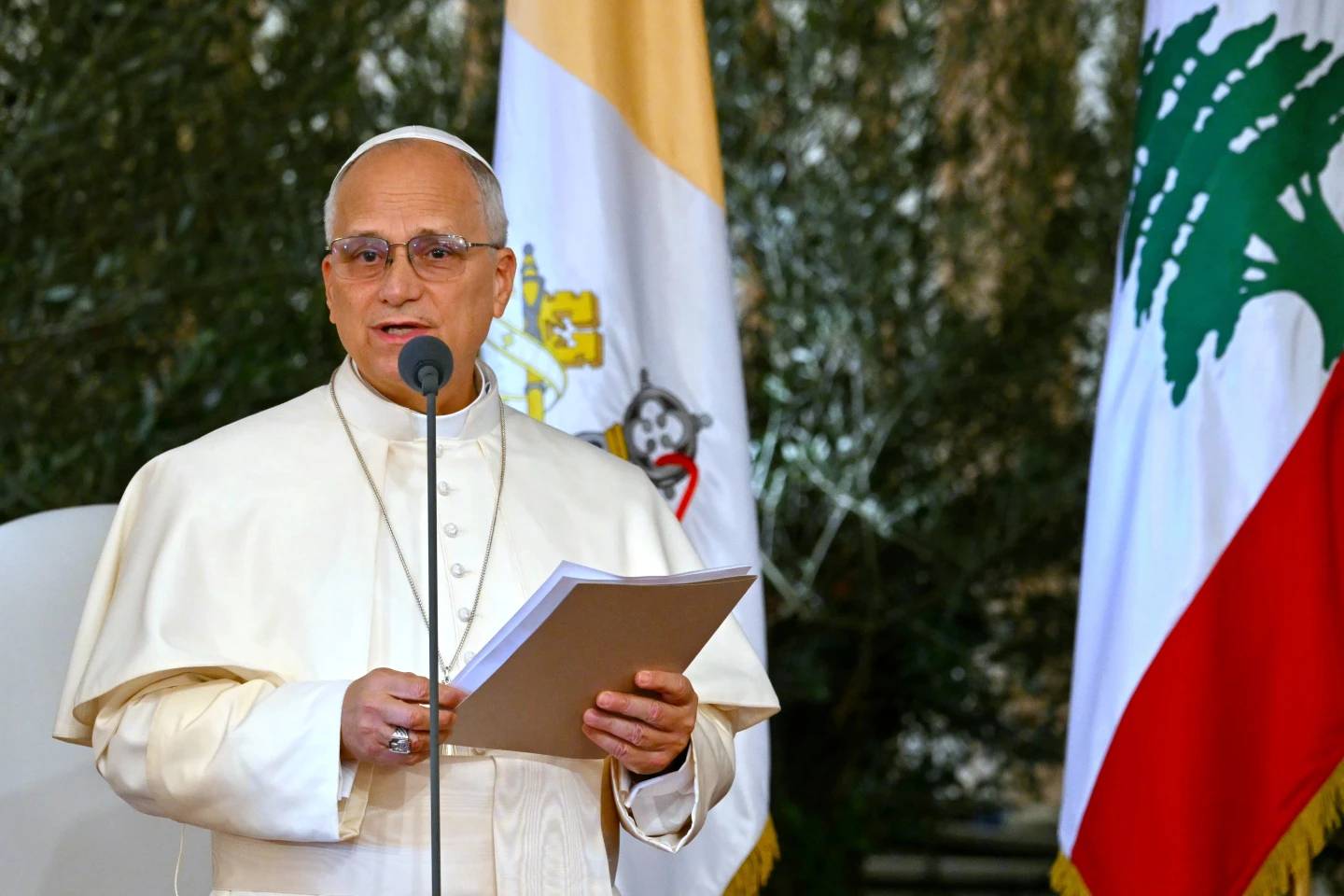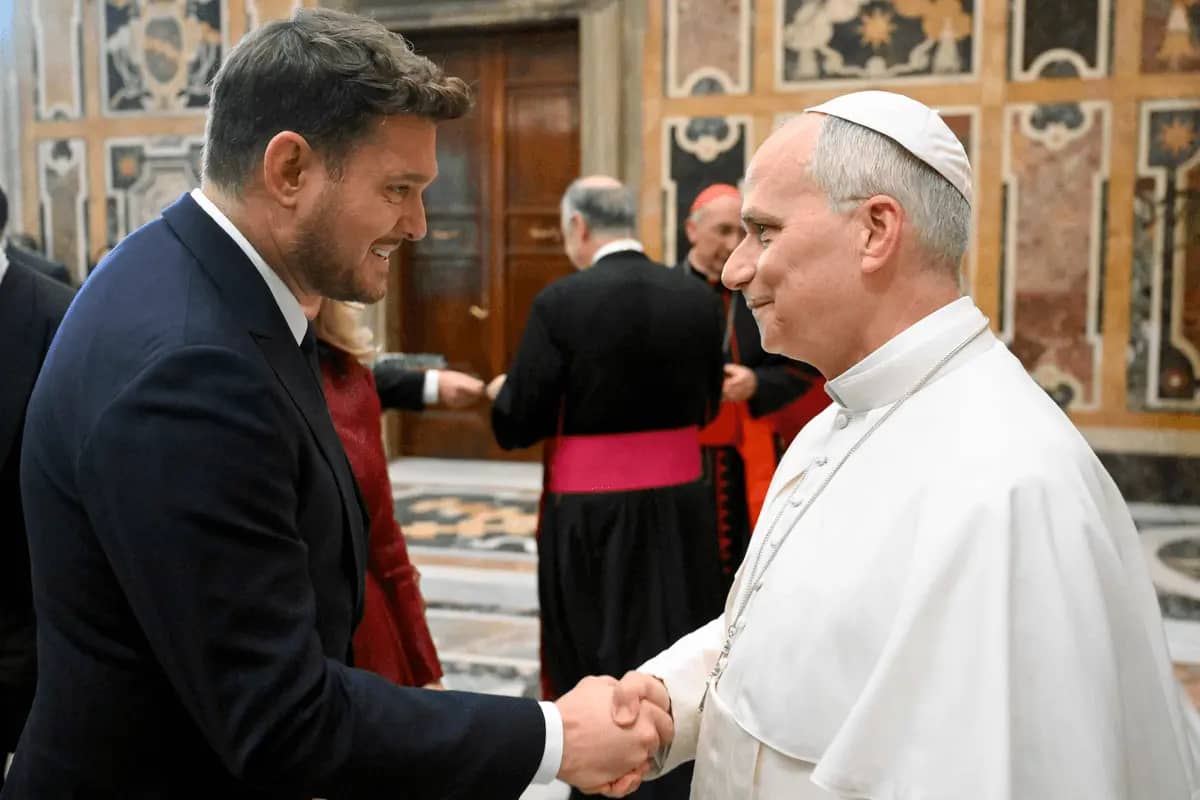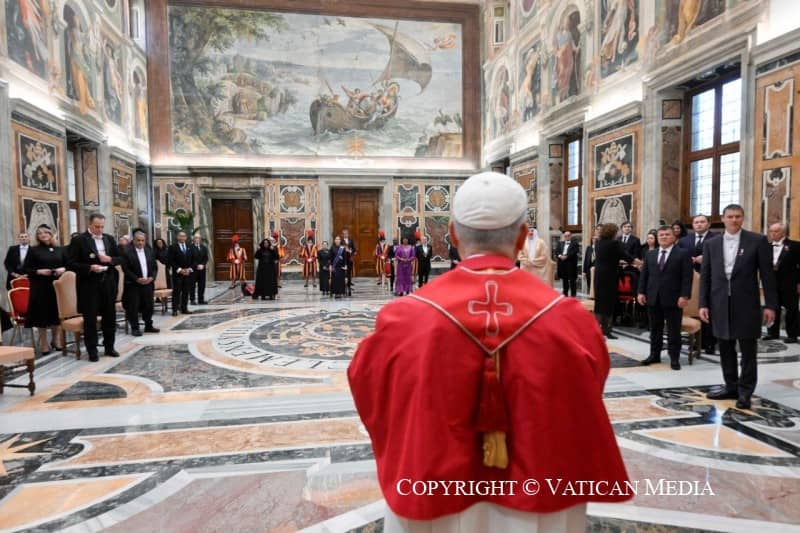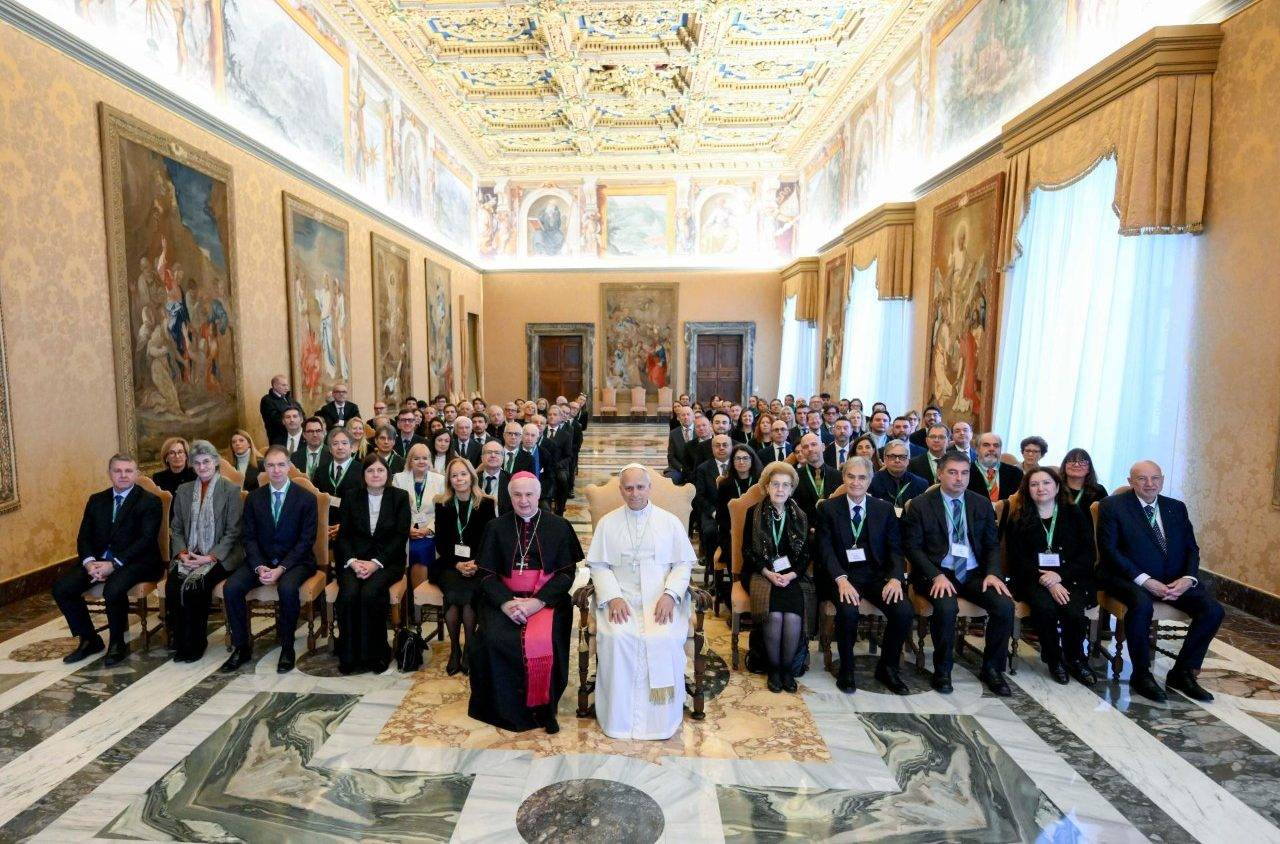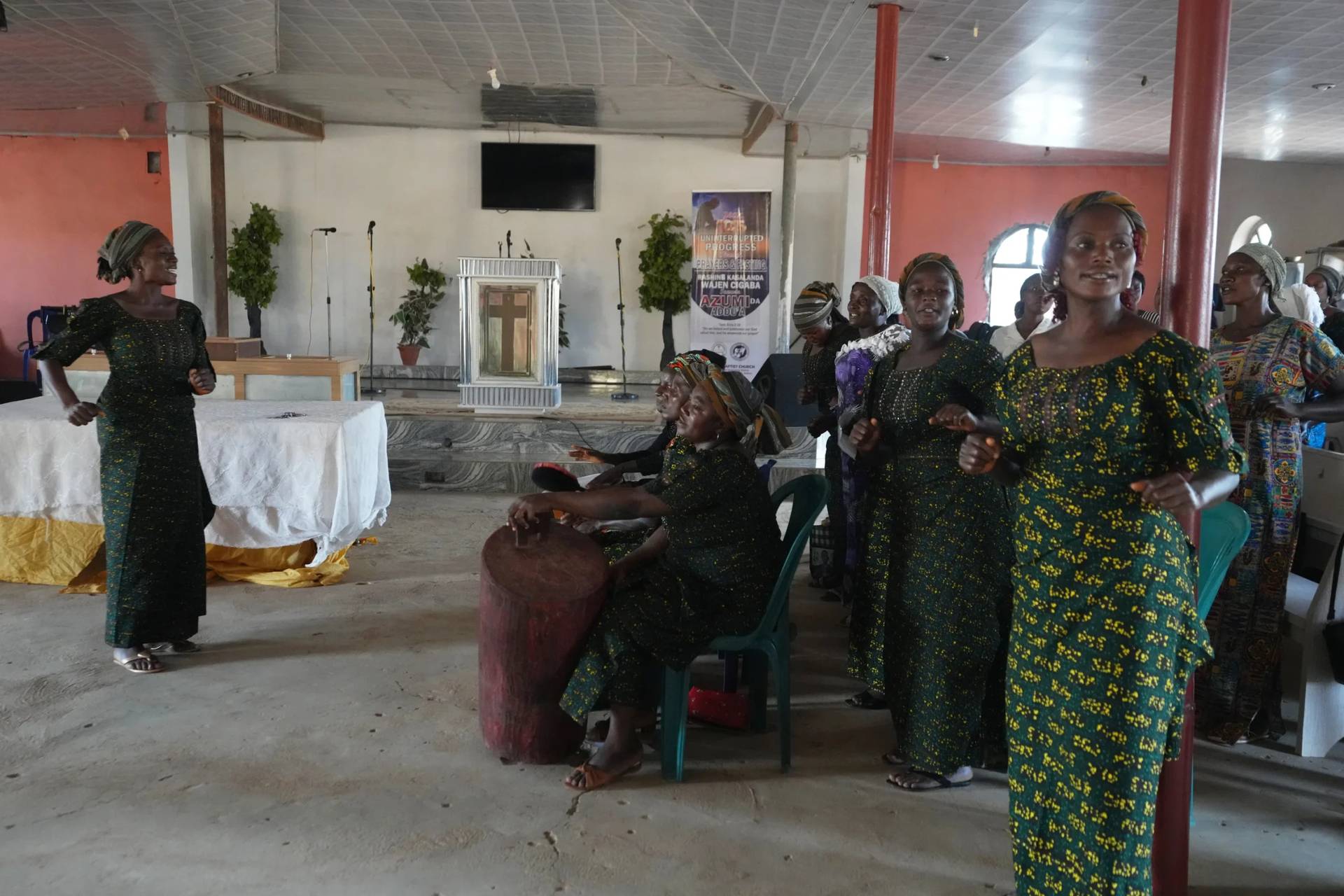If hope has a scent for me, it is the September mornings of childhood, new saddle shoes, spitting-clean chalkboards, and oiled cider presses. Setting off up the hill to our small parish school in upstate New York, my friend Barb and I would ardently discuss how we could finish our homework in time to tear into the next Nancy Drew. I now see what lucky little girls we were, growing up within an ordered universe of bells and prayer, penmanship and Holy Communion. Those days unspooled a story of hope. We breathed an atmosphere of expectation: we would grow into adults capable of acting in a predictable world, citizens of a society revered around the world for its democratic ideals and wide-open opportunities.
The scent of hope still reaches me as September comes around again. The maples stand in shafts of gold, and the mums shudder as school buses rumble down my lane. One day a week, I am fortunate enough to still step into a classroom. But the rule book has changed. My students arrive, many of them old enough to carry personal stories of disruption; eager and bright, but filled with the weight of questions unimaginable when I was their age.
They have grown up in a world in which the impact that the individual can make is far from certain. Indeed, it is often hard to know what it is to be an individual in the massively stage-crafted virtual reality that presses into consciousness every waking minute of our days. My students understand in some dim way that independence — personal or global — is a myth we can no longer sustain. But they have yet to discover an inner basis from which they can grow into meaningful interdependence. And they sometimes confess a kind of premonitory dread that the byproduct of this culture’s surfeit and false promises is an emptiness from which there may be no escape.
So much on the international scene beggars hope. But it is the knife edge of longing and doubt in the hearts of America’s young people that engages me come September. My classroom becomes a laboratory of hope. For a term, my students immerse themselves in settings most of us consider “hopeless:” with abused women forced to be urban nomads as they shift from shelter to shelter with their children; prisoners who lack adequate re-entry programs; the chronically homeless, marginal immigrants. They see the dark side of the American dream, lives in which hope threatens extinction. We call this “performing service.” But the other way to describe it is to say that they become agents of hope in lives whose stories have broken. In the process, they learn what meaning and interdependence look like. They discover that to make a difference, they must become authentic individuals.
As they step into after-school programs for Cape Verdean youngsters, or befriend recovering addicts, they encounter the very countercultural idea that that when they show up just as they are, something powerful is kindled. Not as future Fulbright Scholars, or the A students their parents wish them to be; not as president of this organization or winner of that scholarship or member of that varsity team. Just as themselves. And not offering false hopes or band-aids. Only genuine presence. This is a radical and rare act at any time in history, but perhaps no more so than today when we are so convulsed with overload that we forget to breathe. For one person to truly see and hear and validate another has the potential to change, if not THE world, at least A world.
Hope does not depend upon the absence of suffering, but rather on the presence of truth. The minute we begin to speak and listen from a true place within, dropping our masks, distractions, and fears, we begin the experience of hope. To share what is in one’s heart — the dreams as well as the sorrows — is to create a space large enough in which to begin a new story. This is hope’s great power.
Hope is so clearly what that crazy 1st-century Jewish man walking the streets of Palestine was igniting in those who had nothing left to lose. When he rebutted the chiding of the Pharisees that he was healing on the Sabbath, when he refused to throw the first stone, he was changing the story. When he drove the demons from the raving cave dweller. When suddenly there was enough food for everyone who had come to hear him. The list goes on and on. The transforming work of history begins with hope, with changing the story. Of all the things that endorse and expand the human project, hope may be the most radical force on earth.
Our most valuable lessons in the path of hope come to us out of the nightmarish dark. During the Holocaust, our 20th-century variant on the Crucifixion, one man, Victor Frankl, survived to describe how in the worst hours of his torture by his Nazi capturers, he learned that his ability to envision a life that transcended the chaos around him was tantamount of life itself. By clinging to his own sources of meaning, he was able to endure and ultimately to triumph.
When we take the time to see and hear those whose stories need to be changed, we often discover what is truest in ourselves. This is the gift of hope. It works both ways.
We enter each day as perennial students, and the classroom that we step into is life itself.





